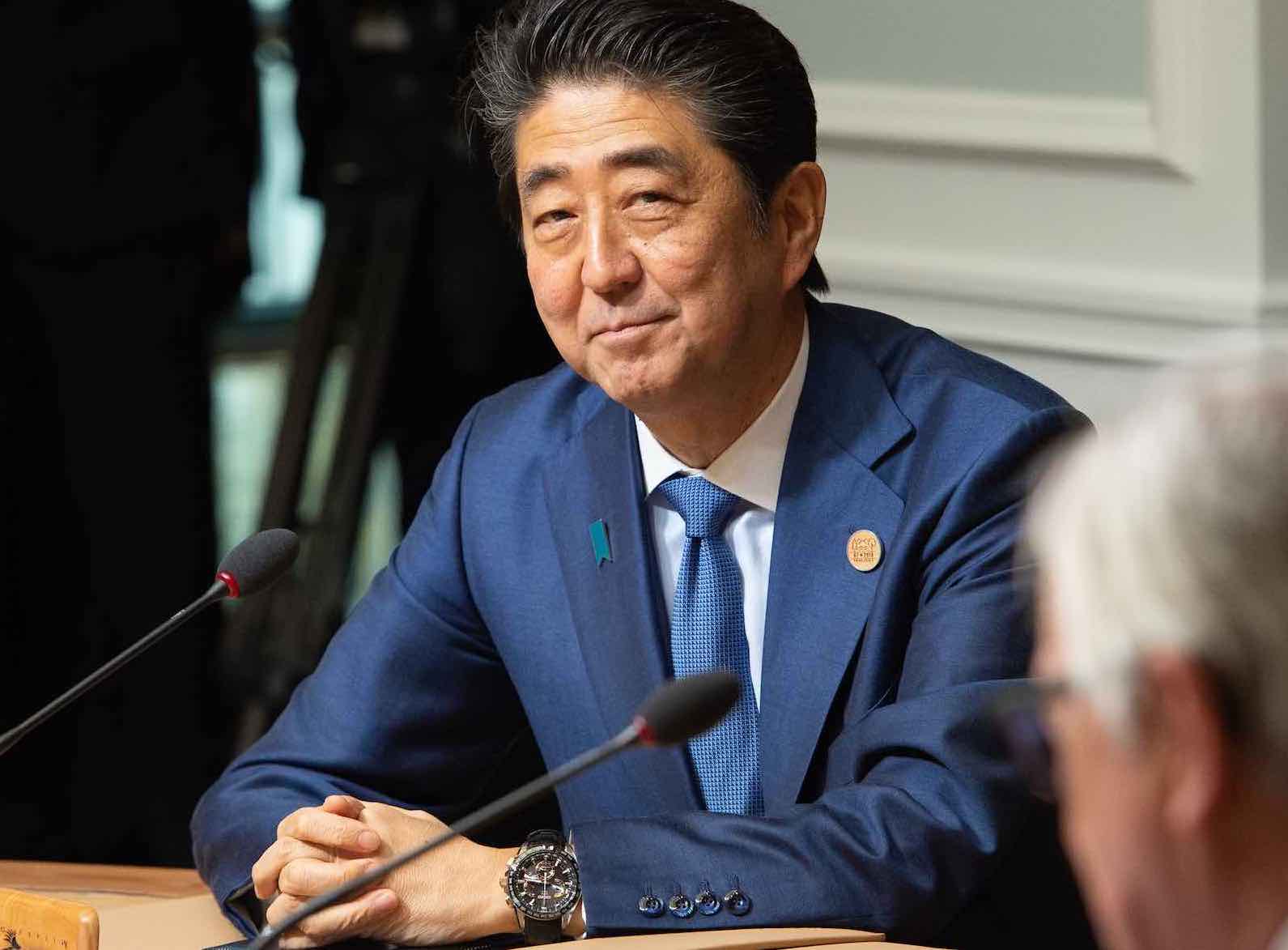[dropcap]H[/dropcap]eads of state around the world have been wrestling with what may very well be the biggest challenge of their leadership. For the past several weeks, everyone has been hard at work dealing with the COVID-19 pandemic, and some have fared better than others. Under the close scrutiny of the media and the general public, world leaders have either stepped up or disappointed.
Let’s take a look at how world leaders are handling the COVID-19 pandemic – from both ends of the spectrum.
COVID-19 Pandemic: The Good
Japan’s Prime Minister Abe Shinzo
Things were off to a rocky start for the Japanese prime minister and his cabinet, but they were able to get solid footing quite quickly. Talk about Japanese efficiency. Prime Minister Abe was tested earlier than most other first world leaders, owing to the docking of the Diamond Princess in Yokohama, Japan. This was in early February when the rest of the world was not yet that concerned with the virus. While a complete lockdown in a confined space may be flawed, there wasn’t much for the Japanese government to work with. The cruise ship was operated by a foreign nation and it flew under a foreign flag as well. And yet, the government took it upon itself to provide for the needs of its passengers and crew.
A little further in the pandemic, PM Abe quickly decided to shut down schools and prohibit mass gatherings. Furthermore, the prime minister put together a team of experts to analyze, make a plan, and implement this plan. Instead of leaning on politics and the military, he made sure to put the fate of his people in the right, capable hands.
The result has been a cluster-based approach to testing, as opposed to mass testing. This approach is more efficient and allows for better tracing. It has contributed to Japan’s significantly lower infection rates.
As the virus inevitably continued to spread, the government took further measures to contain it, with the PM declaring a state of national emergency. This was initially implemented in a few prefectures but has since then been expanded to include all 47. On May 25, Japan eased restrictions, lifting the national state of emergency. According to PM Abe, “We had very stringent criteria for lifting the state of emergency. We have judged that we have met this.” Indeed, with new infections dropping to a handful each day, the government has done a commendable job.
The government has also released the largest ever stimulus package amounting to 108 trillion yen, which is to be distributed to both households and businesses.
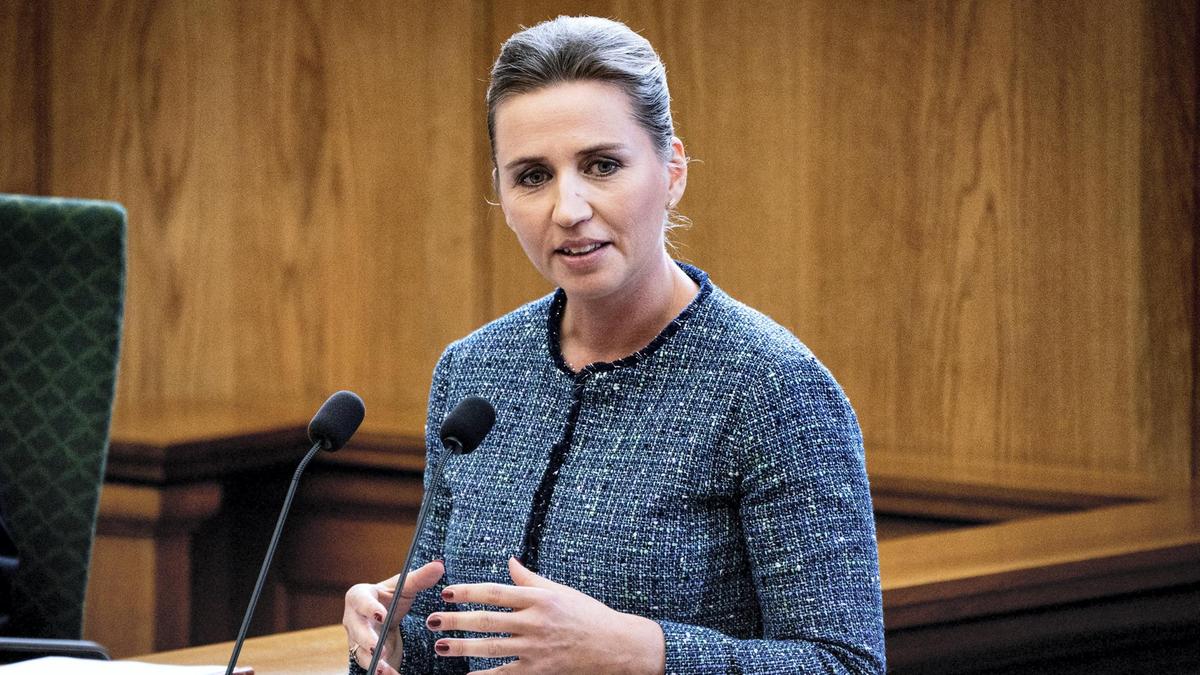
Denmark’s Prime Minister Mette Frederiksen
As early as March 13, Denmark’s Prime Minister decided to close its borders. The difficult decision was made while her counterparts in Europe were still trying to wrap their heads around the situation. Soon after, schools at all levels were shut down, and mass gatherings of more than 10 people were prohibited.
By making an early move, PM Mette Frederiksen was able to keep infection rates low and mortality rates even lower.
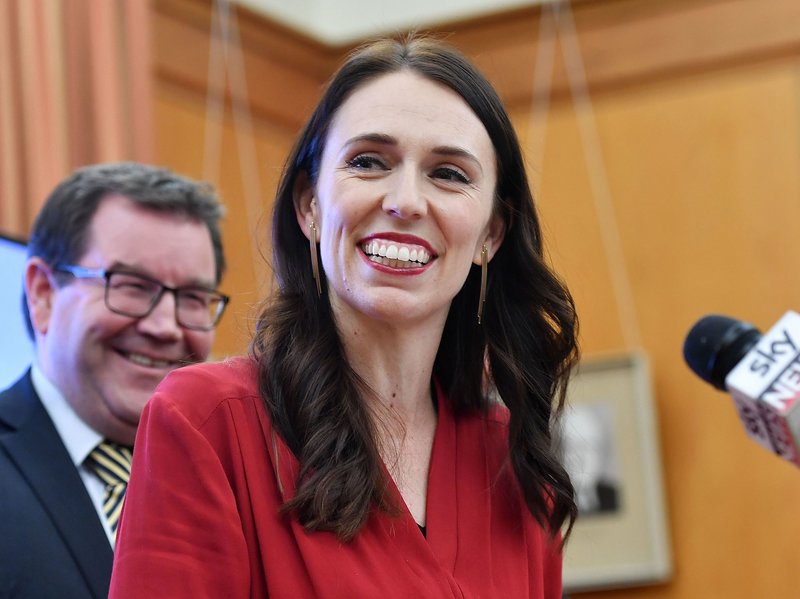
New Zealand’s Prime Minister Jacinda Ardern
Prime Minister Jacinda Ardern has proven herself to be brilliant in the face of a crisis. From the mosque attacks to the Whakaari White Island eruption, she exhibited solid leadership. With the COVID-19 pandemic, she has been true to form.
New Zealand was placed in total lockdown towards the end of March, which was not very popular with many of her constituents. And yet she was able to win them over by making her presence constantly felt. Her now iconic words “Be kind to one another” has helped New Zealanders cope with the crisis in a much better manner than other countries.
COVID-19 Pandemic: The Bad
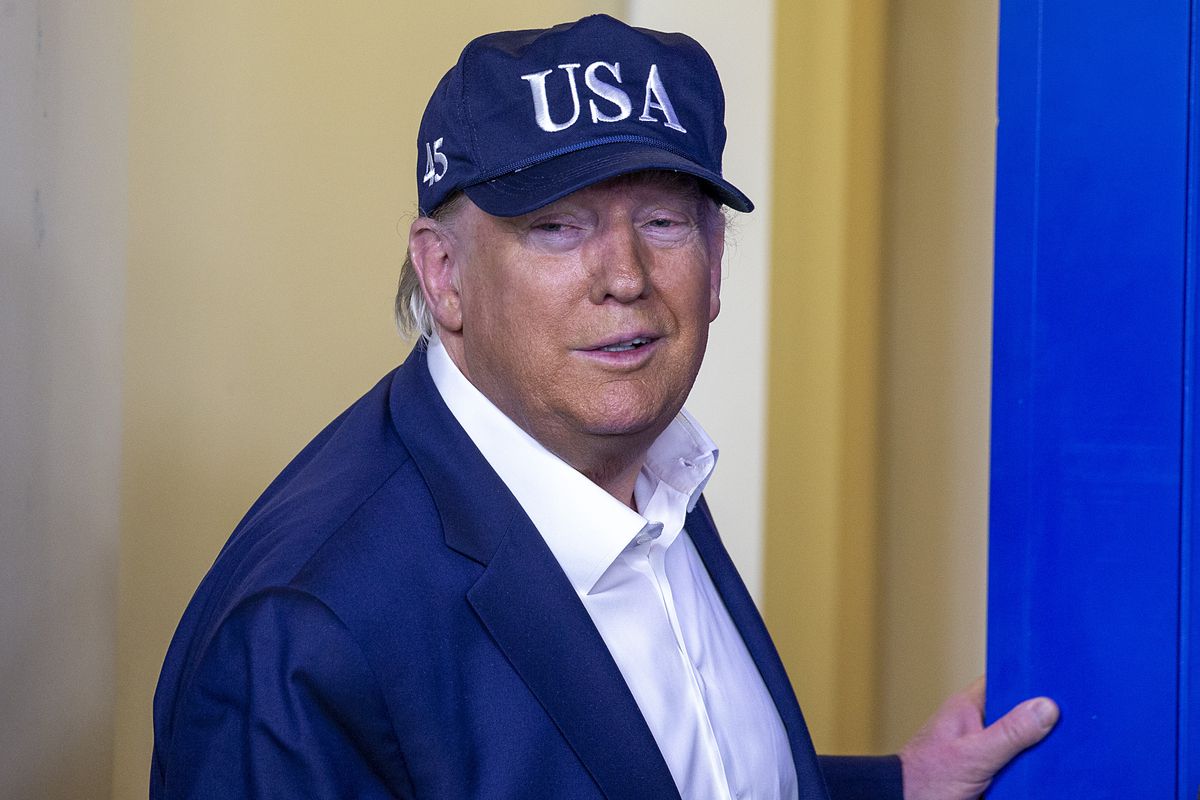
The USA’s President Donald Trump
The US president has been blowing the minds of people all over the world even before COVID-19 became an issue. Today, the US has the highest infection rate with over a million cases as of May 20. While there are many factors to consider, some say that the president’s dilly-dallying for the first six weeks has, when he downplayed the dangers of the virus instead of making plans on how to deal with it, has cost them a lot.
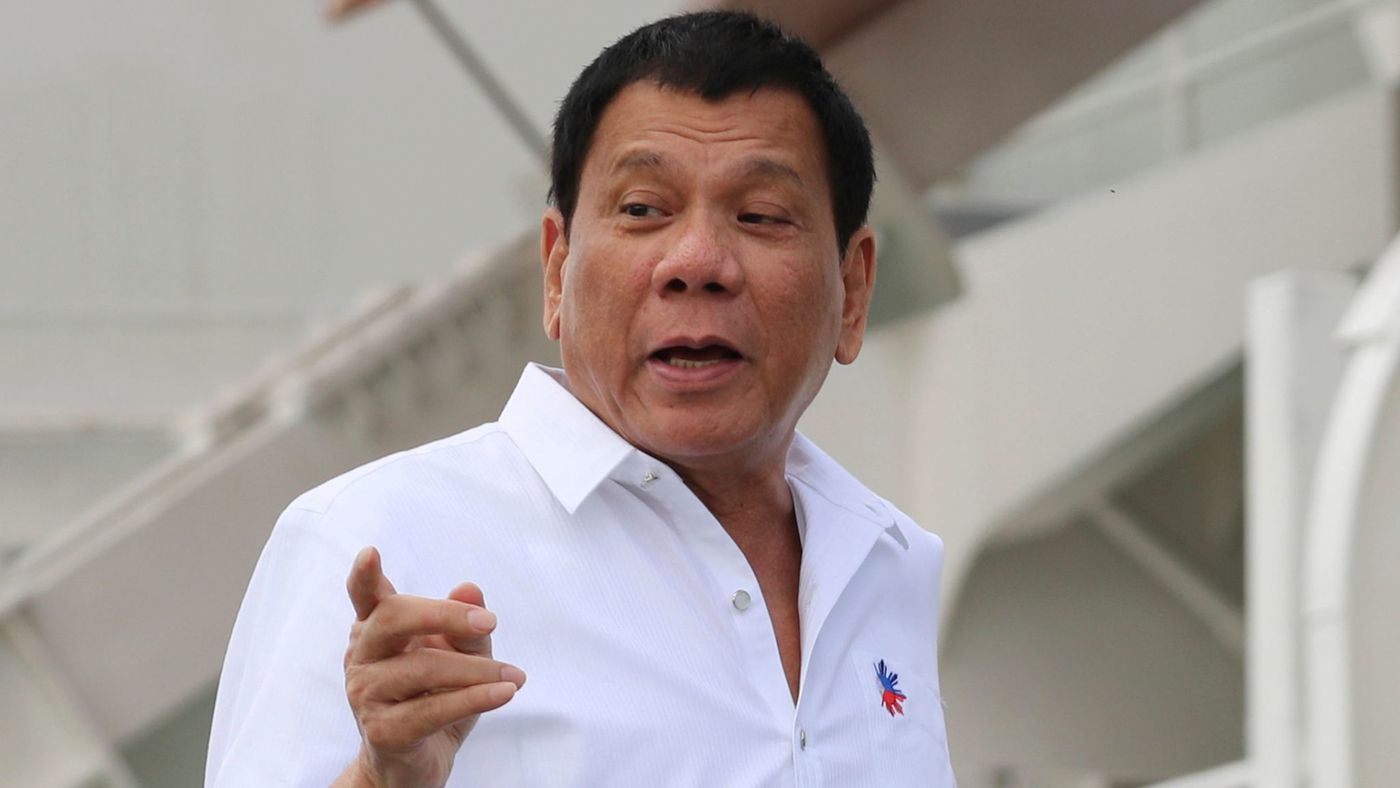
The Philippines’ President Rodrigo Duterte
In January, the World Health Organization praised the Philippine government as it only had two reported cases – and none of them being locally transmitted. Yet in the later stages, the president and his cabinet came under fire for their gross mismanagement of the situation. Critics have pinpointed the lack of testing, inaccurate information, selective implementation of rules, and abuse of power. While community quarantines have been put in place – and extended as well – the masses have been lacking support and aid from the government. Fines and jail time have been common, together with reports of human rights violations. A major news network has even been shut down. While the private sector seems to have been stepping up, the president’s cabinet have been going the other way.
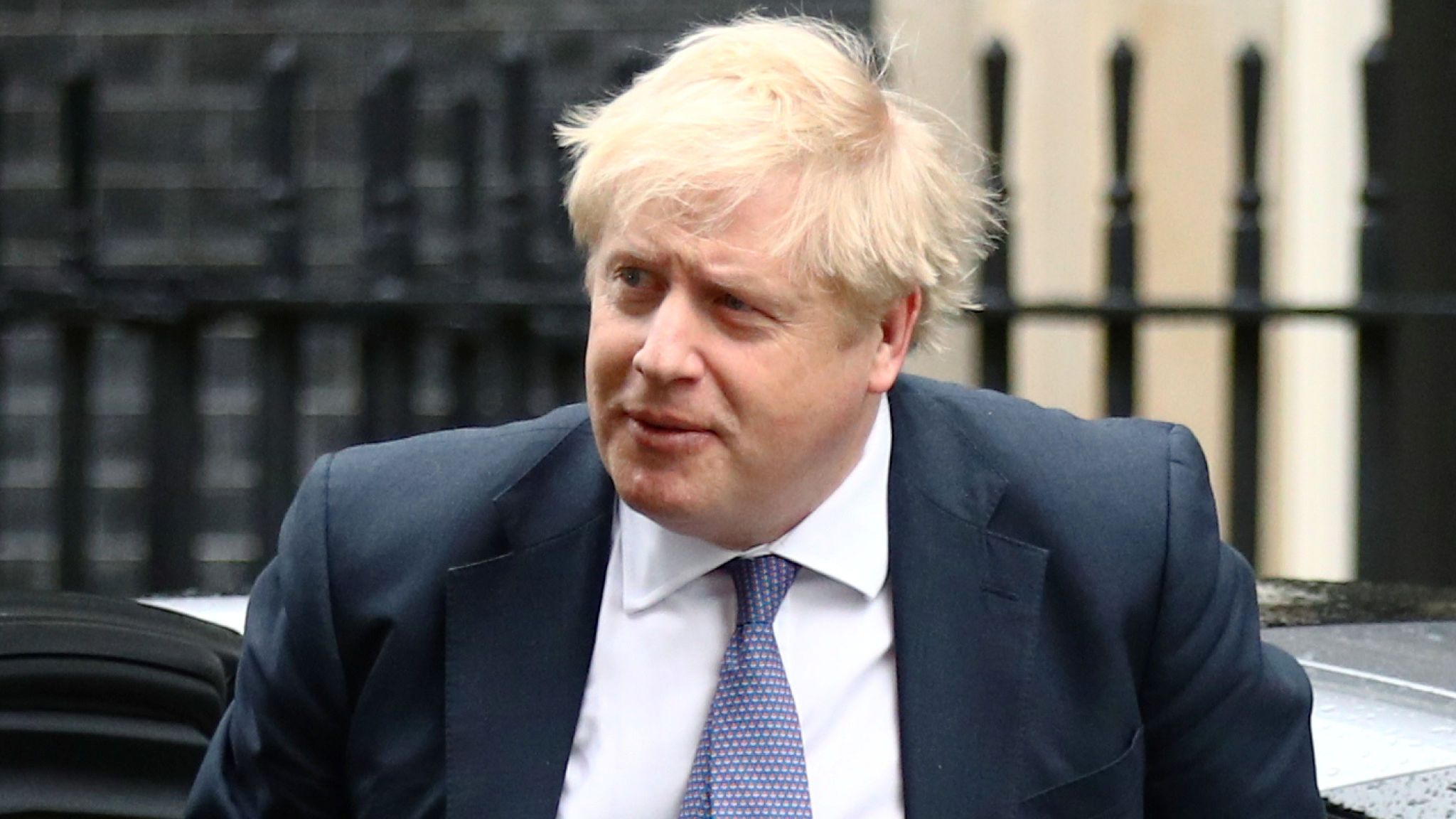
The UK’s Prime Minister Boris Johnson
The UK Prime Minister is one of the few leaders who have had a directed experience with the COVID-19 virus. He got infected with the virus and was placed in intensive care for three days. He said that it could have gone either way and praised the medical professionals who took care of him. However, his critics have highlighted his indecision and sending mixed messages to his constituents. He was not able to provide concrete measures to deal with the virus, and was even quoted as saying that the more individuals were exposed to the virus, the better it is for everyone to build immunity.

